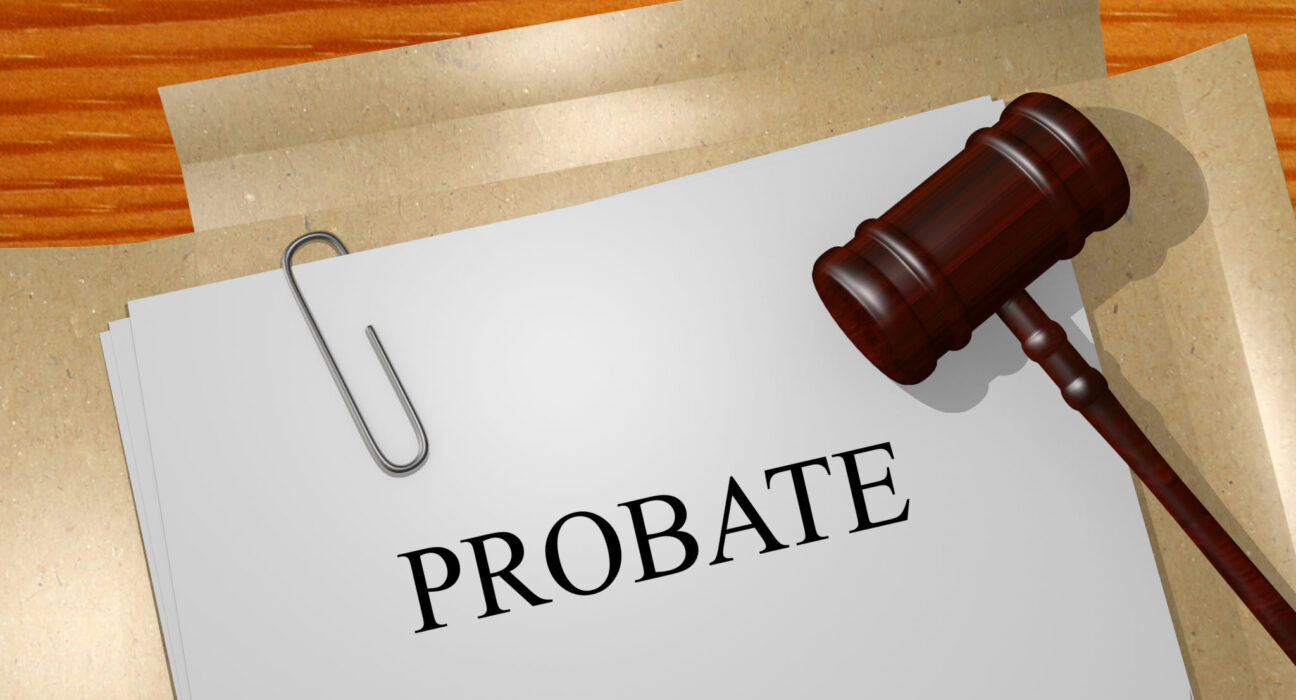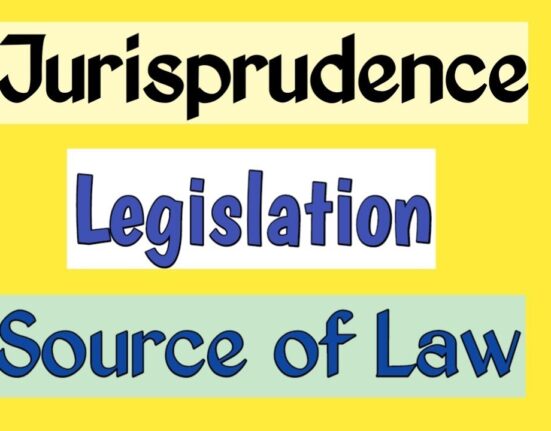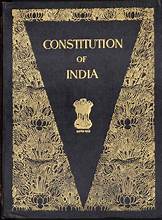There is nothing worse than losing a person you love. Yet, this happens, and you need to be prepared for it. Of course, emotional preparation takes precedence, as you need to have the right mechanisms to cope with the death of a loved one. But, the truth is that there are also more practical things you will need to consider, such as the will they have left and the process of moving their assets to the heirs.
This is why a better understanding of probate is important, so you can do everything the right way and not make any mistakes in the process. You will find the concept defined here, but you should also read on to find out not only what probate is, but also what assets qualify for probate in California, as well as whether you need a lawyer for the process and how to hire one if the answer is yes. These are all, without a doubt, rather important questions that you need to get answers to, so as to understand how to successfully complete the process.
What Is Probate?
Once again, I understand the emotional toll that losing someone takes on you, and I know that probably the last thing you want to do is think about estate planning and resolving the practical side of things. Still, that is exactly what you will have to do. So, let me get you prepared for all of it, starting with explaining what probate actually means.
So, probate is actually the legal process through which the assets of a deceased person are distributed and their debts settled. Understanding the concept is important for everyone because it can help people ensure an efficient and smooth asset distribution process upon their passing. The primary objective of probate is, of course, the act of validating the person’s Will or an Estate Plan, if there are any.
Then, there is the part of identifying and inventorying all of their assets, as well as paying off outstanding debts and taxes, and then distributing what remains to the beneficiaries. The responsibility of probate falls on the executor of the deceased person’s Will. The executor is required by the law to complete the process in a diligent and an honest way, as they will be held liable for any wrongdoings in the process. As you can see, this is a highly responsible job, and it has to be done right, so that the wishes of the deceased person are properly enforced.
This is how to execute a Will: https://www.wikihow.life/Execute-a-Will
What Assets Qualify in California?
Let us now move on to some specifics that you need to understand if you are based in California. What you have to know is that not all assets qualify for probate in this state. It is a good idea to know and check this when planning your estate or when drafting a Will as well, but it is also important to have a good understanding of it during the probate process itself. So, let’s see what assets do qualify.
First off, any real estate owned by the deceased person qualifies. This includes both residential and commercial properties, as well as vacant land and generally any other real estate assets owned. Then, there comes personal property, such as jewellery, furniture, vehicles, artwork, and pretty much any other valuables that were in the possession of the deceased individual.
Moving on, bank accounts that were owned solely by the deceased person, and that don’t have any designated beneficiaries also qualify for probate. On the other hand, those accounts that have designated beneficiaries, or that are held in trust, usually pass directly to the beneficiaries, without going through this particular process. The same goes for any retirement plans (401ks, IRAs and similar), as well as life insurance policies. If no direct beneficiaries are named, they qualify for probate.
Do You Need a Lawyer?
The above should have given you a clearer idea about which assets qualify for probate in California, and which ones don’t. There is, however, a chance that you are more concerned about something else. In the simplest words possible, you are wondering whether you actually need a lawyer for this process or not. Can you do it all alone, or do you need to get professional assistance?
Well, hiring a lawyer for the process is definitely not a legal requirement, so if you think you can handle it all alone, then you can definitely give it a go. Even though it is not legally required, though, hiring a lawyer in this case is common practice by most people, and that says a lot about whether you actually need one or not. In short, getting professional help can be highly beneficial, especially if we are talking about complex estate, or if there are any disputes among beneficiaries.
The probate law is quite complex, and chances are that you won’t be able to handle it all alone. On the other hand, qualified lawyers will know exactly what to do and how to handle everything the right way. So, if you’re looking for a short answer to the question above, here it is. Yes, you absolutely do need a lawyer for this process.
How to Hire One?
Now, you probably have another question. How can you actually hire a qualified probate lawyer in corona, ca, or in any other area in California for that matter? The process requires your full attention, and you have to be rather careful when trying to make the best choice. So, don’t make the mistake of hiring someone randomly and without doing any research.
For starters, you want the expert you hire to be highly experienced in this line of work, so make sure to check that before going any further. Then, it would be a good idea to check some reviews and determine the reputation of the lawyers you have in mind. Finally, take time to interview a few candidates, assessing, among other things, the quality of communication, as well as comparing the fees they charge. Once you have all the info, you’ll be able to easily compare it and make your hiring choice.







Leave feedback about this